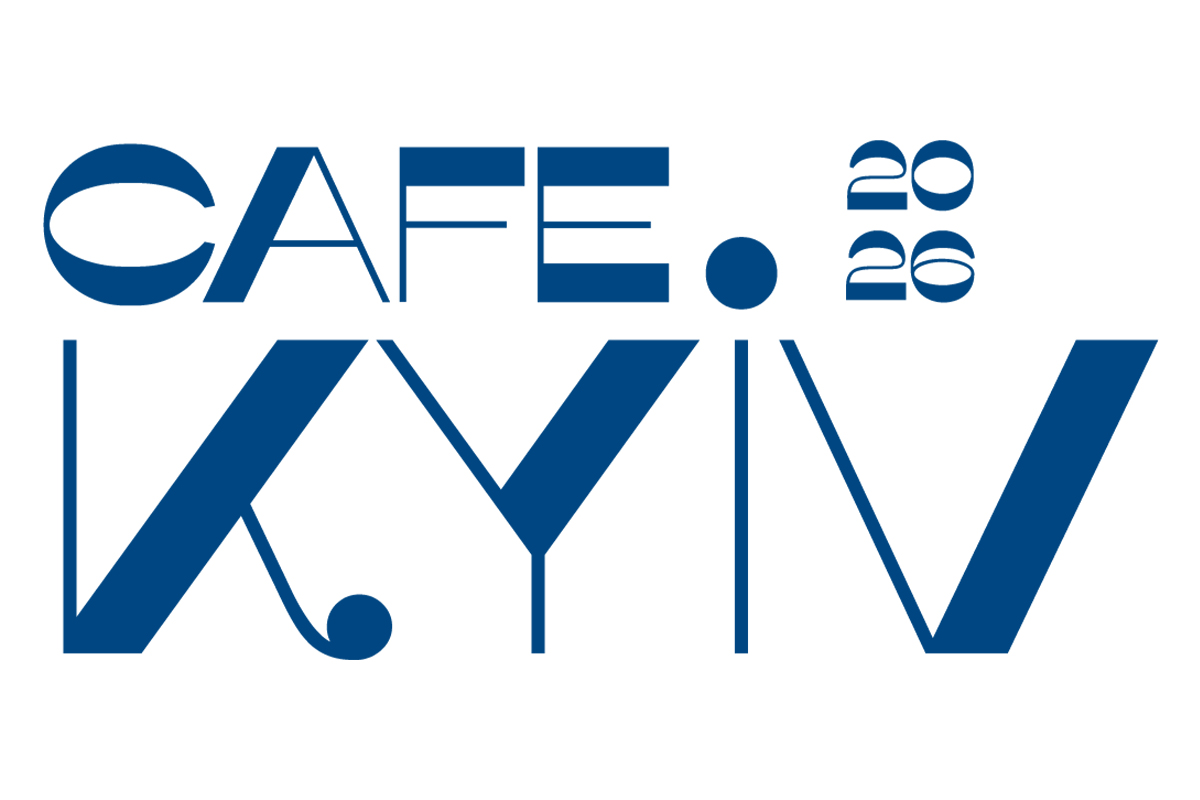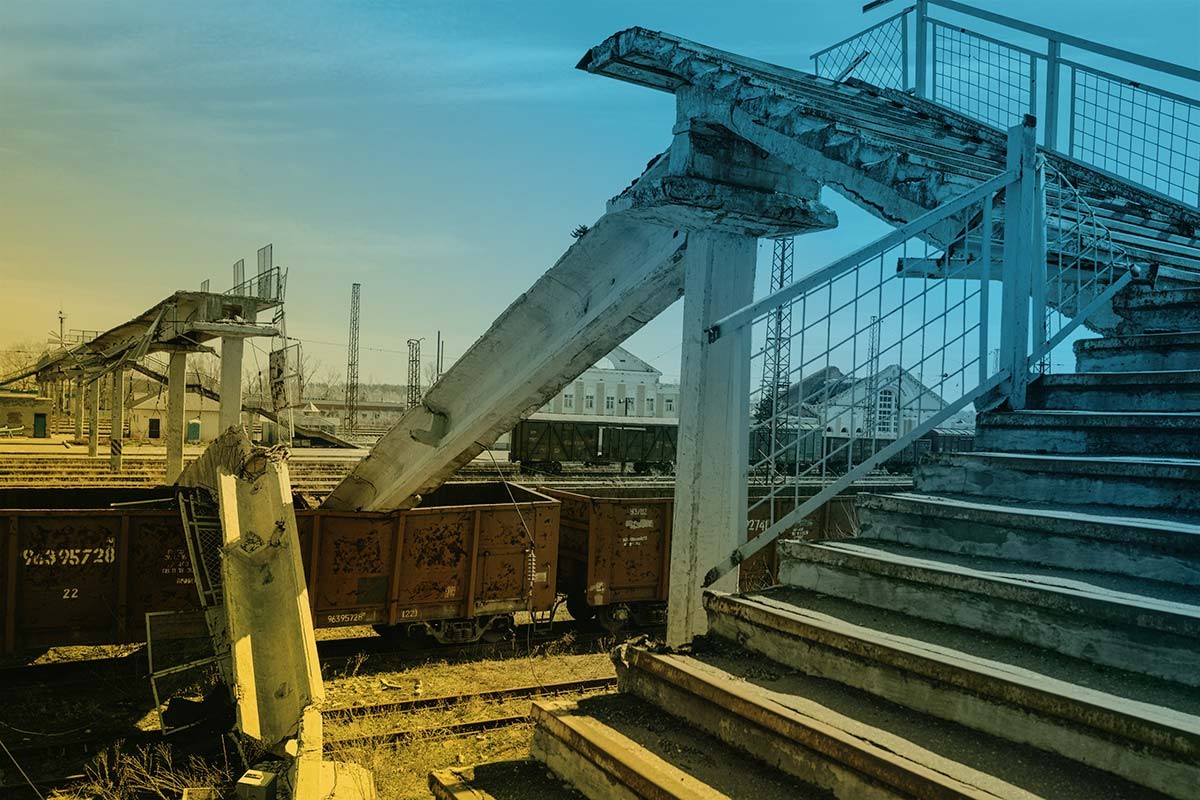Why a European perspective for Ukraine corresponds to German interests

In this analyses Dmytro Shulga argues for the EU and specifically Germany to consider it’s own strategic gains in offering Ukraine a way to full EU membership over an extended amount of time.
During a three-way television debate on foreign policy between the candidates of Germany’s main parties for the Chancellorship in September’s general election, Ukrainian President Zelensky asked them about the possibility of Ukraine joining the EU one day, but he received rather sobering answers from the participants, who prioritised EU decision-making reform and the integration of the Western Balkans.
The responses highlighted a very uncomfortable reality for policy-makers in Ukraine. Of all the countries neighbouring the EU, Ukraine, Moldova and Georgia are the only democratic countries with EU aspirations. However, they have not yet been offered any prospect of potential EU membership.
In 2004, following the eastward enlargement of the EU, the European Neighbourhood Policy was launched under the general motto ‘everything but institutions’. In response to the peaceful ‘Orange Revolution’ and subsequent democratic elections in Ukraine in late 2004, the EU made a more concrete offer by starting negotiations (first with Ukraine, and later with Moldova and Georgia) on an association agreement with a deep and comprehensive free trade area.
European aspirations aknowledged?
In 2014, the EU signed these agreements with Ukraine, Moldova and Georgia. In the preambles, the EU ‘acknowledged the European aspirations’ and ‘welcomed its European choice’ of the respective countries and at the same time ‘left open the way for future progressive developments’ in their relations. Since then, relations have indeed progressed significantly. With the EU’s support, the three countries began the modernization of their economies, diversifying trade flows, increasing energy security, and strengthening mobility (visa-free travel), civil society and political pluralism.
Despite Russian aggression, Ukraine has in recent years experienced not only a ‘people’s revolution’ but also free and fair elections, peaceful democratic changes of government, and ongoing reforms to ensure good governance and the rule of law – far from being complete, of course. Still, there is a pro-EU government in place, and a strategic goal of joining the EU contained in the Ukrainian Constitution (as in the Georgian one). Thus, Ukraine has embraced ‘Europe’ and its core democratic values as part of its modern national identity.
There is wide public expectation in Ukraine, Moldova and Georgia that the EU will take a further step and recognize a long-term membership perspective for these three countries. It is broadly understood as a long-term issue, requiring many years or even decades, and dependent on meeting strict criteria.
Candidate Status for Ukraine doesn’t have to be immediately given
It does not mean immediately granting candidate status. First, the aspiring countries need to demonstrate that they meet the political criteria: stability of the institutions guaranteeing democracy, the rule of law, human rights, and respect for and protection of minorities. It is evident that it will take many more years for these countries to meet these criteria to become candidates for membership. Thus, by the time the candidacy and accession negotiations materialise, both the EU as well as the respective countries will be very different from now.
EU treaty, European Parliament in favor for Ukraine’s aspirations
One should not forget the basic fact that, pursuant to Article 49 of the Treaty on European Union, any European state may apply to become a member of the EU provided that it adheres to the EU standards of democracy and the rule of law. So, there is no objective reason why the EU should not recognize such a potential long-term perspective for Ukraine, Moldova and Georgia.
It is also remarkable that the European Parliament, which represents the EU citizens, has repeatedly recognized a membership perspective for these three countries. These calls have been supported by an overwhelming majority of MEPs across all mainstream political groups – including by the Christian Democrats, Social Democrats, Liberals and Greens.
So, the only reason why such a European perspective has not yet been recognized by the EU is the lack of consensus among the EU member states. While Eastern members (Poland and others) have been supporting their neighbours’ potential accession to the EU, other members — in particular, Germany (also France and the Netherlands) — have been reluctant.
What Germany could gain or lose regarding China’s role
There are a number of good arguments, however, why the next German government could find it in its own interests to re-consider its stance on opening up a European perspective for Ukraine, Moldova and Georgia.
First, deepening the ties of Ukraine, Moldova and Georgia to the EU would be the best European policy response – effective but not provocative – to Russian aggressivity in the region and beyond. It would help strengthen resilience of the three countries and at the same time avoid escalating confrontation with Russia.
Moreover, in the long run, integration to the EU and other Western institutions could help these countries to modernize and thus raise their soft power attractiveness for residents in regions currently occupied by Russia – in a similar way to what worked once for Western Germany.
On the other hand, if the EU showed a lack of ambition, it would play right into the hands of other powers as they try to increase their influence in the region. While Russia’s role in violating internationally recognized borders with military force is obvious, Chinese policy in the region prioritizes economic cooperation, and China has become #1 trading partner of these three countries.
A true wake-up call for the EU should be the recent signing of an agreement between Ukraine and China to cooperate in building infrastructure. In this context, the Chinese press openly wrote that ‘Ukraine can only embrace China more since the EU and NATO have not shown much interest in Ukraine joining’. These trends may have far-reaching consequences for the EU’s key interests and values in the immediate neighbourhood and on the global scale.
EU is wasting precious time
The EU should not continue wasting time. There is no need to wait until full integration of the Western Balkan countries before opening a perspective for Eastern European partners. According to recent research by the Brussels-based Centre for European Policy Studies (CEPS), Ukraine, Moldova and Georgia are already becoming increasingly comparable in their alignment on the EU acquis with the Western Balkans. So, the EU needs to be objective and non-discriminatory in its approach, and increase competition for meeting the criteria.
Germany and the EU need to support the new democracies in Europe. An EU perspective would provide pro-European reformers in these countries with powerful leverage. Conversely, failure to reciprocate by the EU would help the anti-European domestic political forces, oligarchs, nationalists as well as regional neo-authoritarianists to reverse these countries’ course.
European Green Deal and Ukraine
EU integration of the three countries is also in line with Germany’s climate policy, as it would help to implement the long-term European Green Deal goals of decarbonisation and a climate-neutral European continent – not only by necessary adjustments of traditional industries but also by cooperation in developing new technologies for green growth. For example, the European Commission’s Hydrogen Strategy for a climate-neutral Europe already defines Ukraine as a priority partner for the EU in developing this technology.
It is also in line with European economic interests. The AAs/DCFTAs implementation has already brought economic success and benefits for these countries as well as for the EU. A full-fledged economic integration would expand the size of the EU’s Single market by 50 million consumers and provide opportunities to make best use of these countries’ industrial potential, natural resources, and human capital for strengthening the EU.
Contrary to some perceptions, domestic public opinion in Germany might not be a big problem. According to an opinion poll conducted in September 2020 by sociological agency Kantar Profiles Division at the request of the Kyiv-based ‘New Europe’ Centre, 47% of Germans are already in favour of Ukraine’s membership in the EU (rising to 60.7% among those aged 18–25 years). More research is needed, but it seems that the German public do not perceive citizens of these countries, who over the last years have enjoyed visa-free travel regime with the EU, as that distant in terms of culture or identity.
Thus, European political, security, climate and economic interests demand opening an EU membership perspective for Ukraine, Moldova and Georgia. It corresponds to the German interests to strengthen the EU’s regional and global standing and transformative power.
For Germany specifically, it provides an opportunity for leadership in the EU — in shaping the vision of the future of Europe, to re-position itself as the driving motor of the EU and a consensus builder among the member states with differing views. This is also an opportunity for Germany and the EU to contribute to rebuilding transatlantic relations, with the EU assuming more responsibility and investment in European stability on its most vulnerable flank.
Dmytro Shulga is the European Program Initiative Director with the International Renaissance Foundation, Kyiv.
![]()
Did you like thike this article? If yes, you can support the independent editorial work and journalism of LibMod via a simple donation tool.
We are recognized as a non-profit organization, accordingly donations are tax deductible. For a donation receipt (necessary for an amount over 200 EUR), please send your address data to finanzen@libmod.de
Related topics
Newsletter bestellen
Stay tuned with our regular newsletter about all our relevant subjects.





